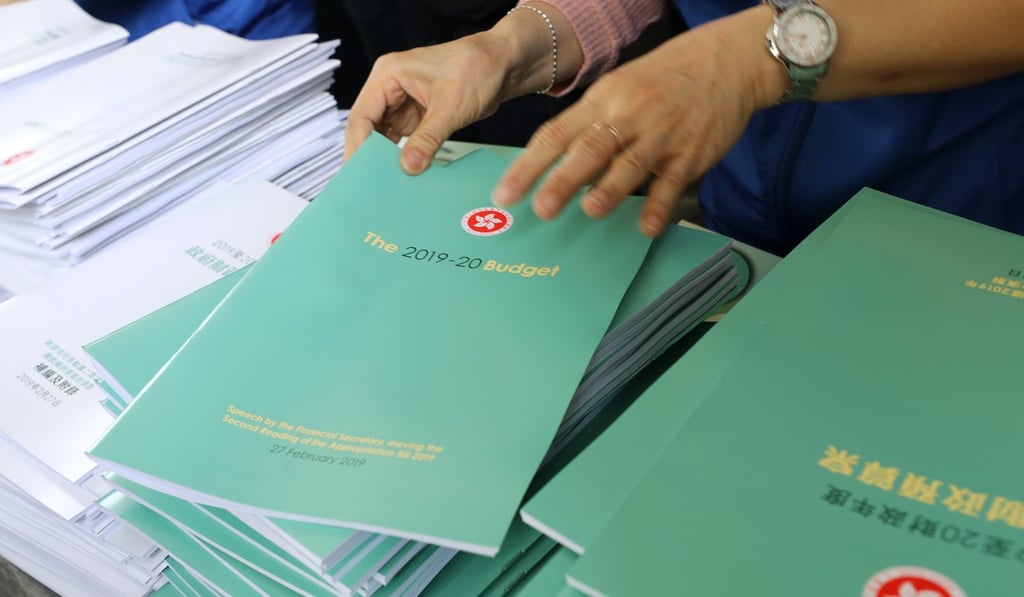Opinion | Hong Kong finance chief Paul Chan finally seems to be finding his feet after tough start in job
- His third budget generally well received by political parties and lawmakers, despite perennial criticism that more could have been done for needy
- Even government allies were not impressed with the relief measures he announced last year

In his third budget speech, Paul Chan Mo-po seems finally to be finding his feet as a finance chief, striking a balance between facilitating economic development and easing the burdens of Hongkongers, an appeal made unrelentingly from across the political spectrum.
Chan found himself thrust into the job in January 2017 when his predecessor John Tsang Chun-wah stepped down to run for the post of chief executive and within weeks he was giving his maiden budget speech. Chan’s forecast surplus of HK$16.3 billion (US$2.1 billion) proved to be hugely wrong and had to be updated to a staggering HK$138 billion in his second budget speech last year.

Even then, government allies were not impressed by the HK$52.4 billion worth of relief measures he announced last February, which included the usual tax rebates and property rate waivers.
Chan, an accountant by training, bowed to political pressure a month later and dished out payments of up to HK$4,000 to 2.8 million people identified as not having benefited directly from the budget, though even that led to complaints. Since then, that sweetener left a bit of a sour aftertaste after its implementation sparked complaints about being too complicated.
Chan’s third budget on Wednesday was generally well received by political parties and lawmakers, despite the perennial criticism that more could have been done for those in need.
